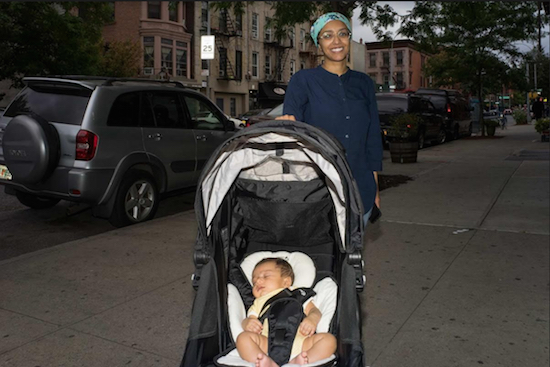Swiss designer speaks to Brookynites for cross-country project interviewing American voters
‘Day After Reading’ Sets Spotlight on Readers Rather than News

This month through December, Swiss designer Ludovic Balland and a team of three others are road tripping across 20 different cities in the U.S., interviewing people in the period immediately before and after the U.S. presidential election. Most recently, Balland and his team interviewed two Brooklynites. The project, called “Day After Reading,” aims to produce an innovative document about American voters, capturing the expectations and aftermath surrounding this major political event.
“Day After Reading” sets the spotlight on the readers, not on the news itself. Each interview provides a personal, individual view of daily consumption of news. The trip began in New York City on Labor Day, and Balland and his team are interviewing individuals for a few days in each city they stop in, publishing the interviews in print and online media and then traveling to the next city for another round of interviews.
Interviews will represent a wide cross-section of American life, as Balland and his team are traveling to Washington, D.C. in the week of the election, Philadelphia, Chicago, Houston, Denver, Los Angeles and Seattle, among other cities. Scheduled interviews so far include a former CNN anchor, a Black Lives Matter activist, an NYC taxi driver and more.

Brooklyn Boro
View MoreNew York City’s most populous borough, Brooklyn, is home to nearly 2.6 million residents. If Brooklyn were an independent city it would be the fourth largest city in the United States. While Brooklyn has become the epitome of ‘cool and hip’ in recent years, for those that were born here, raised families here and improved communities over the years, Brooklyn has never been ‘uncool’.